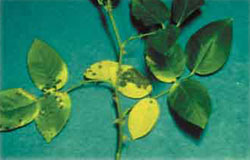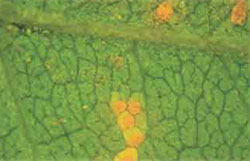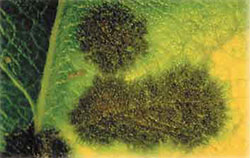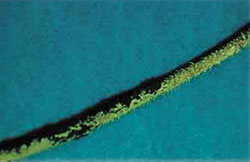
Oh the beauty of roses! Such lovely flowers often are well worth the extra care they require. But these beautiful plants are susceptible to a variety of disease problems.
Which roses do not get diseases?
Hardy roses, such as shrub and species roses, which generally are disease-free, are the exceptions. If you’re a no-mess type of gardener, the hardy roses are for you. If you like to work at growing things, you might prefer the challenge of hybrid tea roses.
What makes hybrid tea roses susceptible to diseases?

Hybrid tea roses are susceptible to many diseases caused by fungi and one caused by a virus. Diseases caused by fungi include powdery mildew, which causes a white powdery-like substance on leaf surfaces and leaf curling.
What are common rose diseases?
Rust is a disease that produces small yellow spots on the upper leaf surface (if you turn the leaf over, you’ll find pustules of red to orange spores). Black spot is a serious disease that occurs only under wet, humid conditions and causes round, black spots on leaves, followed by leaf yellowing and drop.
What rose disease comes from a virus?

The disease caused by a virus is called rose mosaic virus. This disease affects only grafted roses. It’s rarely seen in roses grown on their own roots. Symptoms include leaves that appear mottled with green and yellow. Sometimes, yellow rings or wavy lines will appear within the green leaf.
How can I prevent rose diseases?

You can control or prevent most rose diseases with simple maintenance practices. Choose disease resistant rose varieties and avoid planting wounded plants. Always plant roses in well-drained soil with lots of sun and good air circulation. Avoid overhead irrigation, and remove and destroy diseased leaves during the growing season.
For more information, see the following Colorado State University Extension fact sheet(s).


